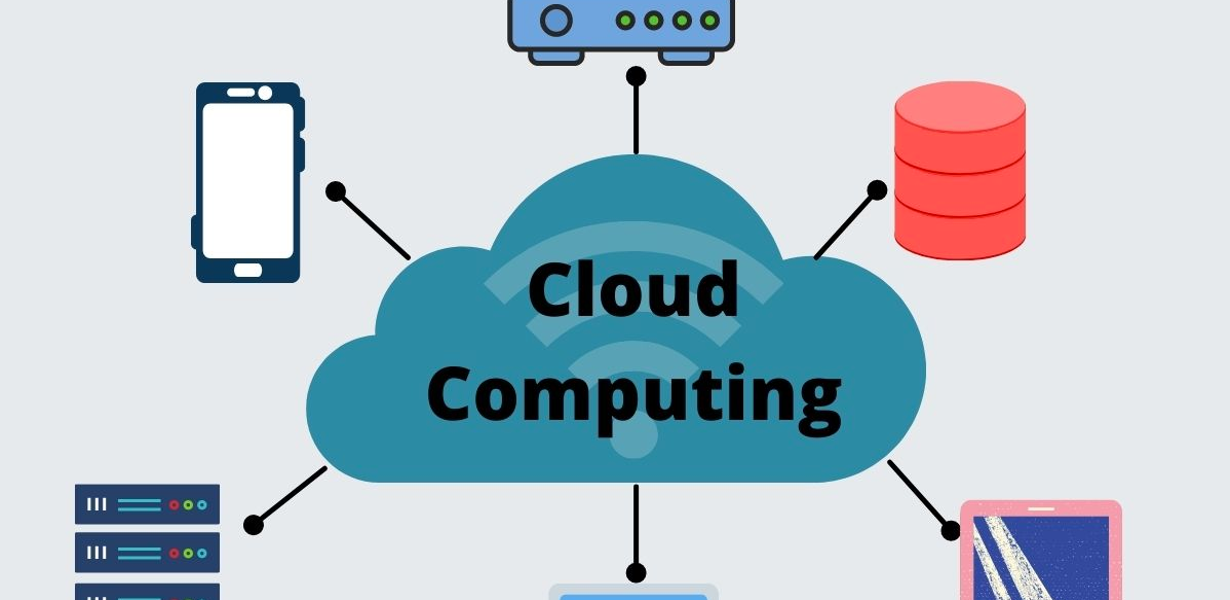
In the ever-evolving landscape of cloud computing, data protection remains a paramount concern for businesses of all sizes. With the rapid digital transformation and the increasing reliance on cloud services, selecting the right cloud hosting provider has become a critical decision for enterprises. This comprehensive guide aims to shed light on the latest innovations in data protection and help you evaluate the security measures offered by cloud providers, ensuring that your business data is safeguarded.
Key Considerations When Evaluating Cloud Provider Security
Encryption Protocols: Safeguarding Data in Transit and at Rest
One of the fundamental aspects of cloud security is data encryption. Reputable cloud providers employ robust encryption protocols, such as AES-256, to protect data both during transmission and while it’s stored. This ensures that even if a breach were to occur, the data would remain indecipherable.
Multi-Factor Authentication (MFA): Strengthening Access Control
MFA is an essential security layer, requiring users to provide multiple forms of verification before accessing sensitive data. Cloud providers offering MFA options significantly enhance access control, reducing the risk of unauthorized access.
Regular Security Audits and Compliance
Trustworthy cloud providers conduct regular security audits and adhere to industry-specific compliance standards, such as SOC 2, HIPAA, or GDPR. These audits verify that security protocols are continuously updated and in compliance with industry best practices.
DDoS Mitigation: Protecting Against Cyber Attacks
Distributed Denial of Service (DDoS) attacks can disrupt services and compromise data. Cloud providers with advanced DDoS mitigation systems ensure that your infrastructure remains robust and available during such attacks.
Incident Response and Disaster Recovery
A well-prepared cloud provider has a robust incident response and disaster recovery plan in place. This ensures that in the event of a breach or unexpected outage, your data and services can be quickly restored.
Data Center Security: Physical Protection of Servers
The physical security of data centers is often overlooked but is of critical importance. Secure facilities with restricted access and 24/7 monitoring are a sign of a reliable cloud provider.
Identity and Access Management (IAM): Controlling User Permissions
IAM allows granular control over who can access what within your cloud environment. It’s crucial to evaluate how your cloud provider manages IAM to ensure that you can set permissions as needed.
Data Backup and Redundancy
Data loss can be catastrophic. Cloud providers with robust data backup and redundancy systems ensure that your data is protected and readily recoverable in case of failures.
Security Patch Management
Regularly updated security patches are essential to protect against known vulnerabilities. Evaluate how your cloud provider handles patch management to prevent potential security gaps.
Transparency and Customer Support
Cloud providers that prioritize transparency and offer responsive customer support are more likely to be trustworthy partners. The ability to access information and assistance when needed is invaluable.
Choosing the Right Cloud Hosting Provider: Factors to Consider for Your Business
Selecting the right cloud hosting provider is a decision that should align with your business’s specific needs. Consider the following factors to make an informed choice:
- Scalability: Ensure the provider can accommodate your growth without service interruptions.
- Cost and Pricing Structure: Understand the pricing model and evaluate long-term costs.
- Data Center Locations: Choose a provider with data centers in regions important to your business.
- Service Level Agreements (SLAs): Review SLAs for uptime guarantees and support responsiveness.
- Integration Capabilities: Assess how well the provider integrates with your existing systems.
- Data Portability: Ensure that you can move your data if needed, without obstacles.
- User-Friendly Interface: A user-friendly control panel can make management much smoother.
- Performance and Speed: Evaluate the provider’s network speed and performance history.
- Reputation and Customer Feedback: Look for reviews and testimonials from existing customers.
- Exit Strategy: Plan for the worst-case scenario by understanding how to migrate away from the provider if necessary.
Final Words
In the realm of cloud provider security, the choices you make can have a profound impact on your business’s data protection. By carefully evaluating the factors mentioned above and staying informed about the latest innovations in data protection, you can confidently choose a cloud hosting provider that aligns with your business needs. Security is not a one-size-fits-all approach, and your decision should be a tailored fit to ensure your data’s safety and integrity.
Commonly Asked Questions
1. What is the role of encryption in cloud security?
Encryption is a fundamental aspect of cloud security as it ensures that data is protected both during transmission and while at rest. Robust encryption protocols make data indecipherable, even if a breach occurs.
2. How does Multi-Factor Authentication enhance cloud security?
Multi-Factor Authentication (MFA) adds an extra layer of security by requiring users to provide multiple forms of verification before accessing data. This reduces the risk of unauthorized access.
3. Why are security audits and compliance important for cloud providers?
Security audits and compliance certifications, such as SOC 2, HIPAA, or GDPR, ensure that cloud providers adhere to industry best practices, making them trustworthy partners for data protection.
4. What is the significance of data backup and redundancy in cloud security?
Data backup and redundancy systems ensure that data is protected and readily recoverable in case of failures, preventing data loss and service interruptions.
5. How should businesses approach choosing the right cloud hosting provider?
Businesses should consider factors like scalability, cost, data center locations, SLAs, integration capabilities, and user-friendliness when choosing a cloud hosting provider. It’s important to align the choice with specific business needs.
Advertisement







